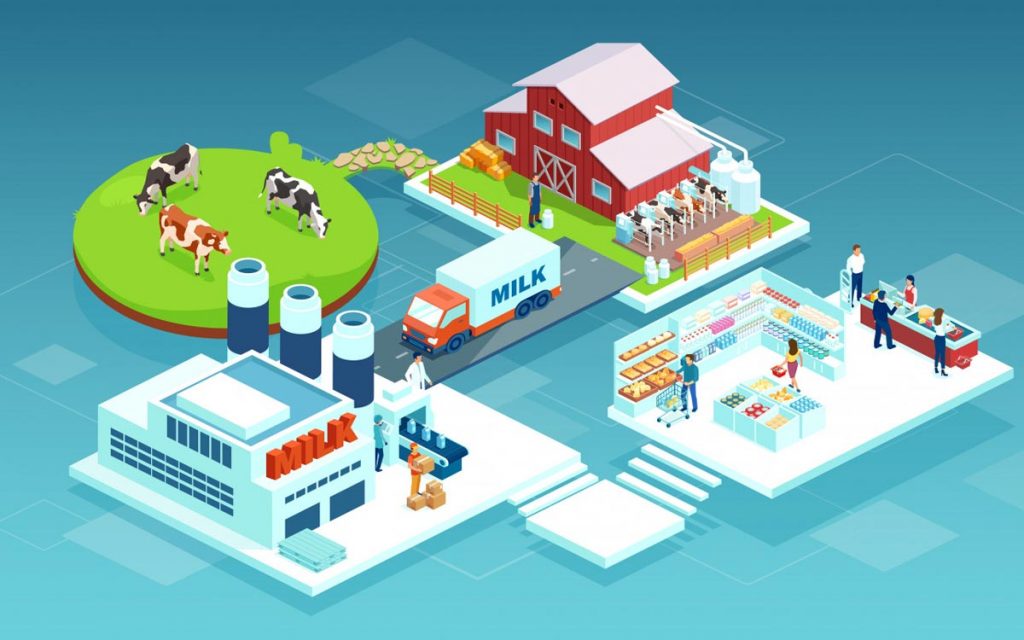
This study proposes big data driven solutions to deal with potential barriers to achieving circularity in dairy supply chains
Authors
Sachin Kumar Mangla, Assistant Professor, Jindal Global Business School, O.P. Jindal University, Sonipat, Haryana, India; Visiting Research Fellow, Plymouth Business School, University of Plymouth, United Kingdom.
Yigit Kazancoglu, Yasar University, Department of Logistics Management, Yasar University, İzmir, Turkey.
Muhittin Sagnak, Izmir Kâtip Celebi University, Department of Information and Document Management, Balatcik Kampusu, Cigli, Izmir, Turkey.
Muruvvet Deniz Seze, Yasar University, Business Administration Department, Yasar University, İzmir, Turkey.
Melisa Ozbiltekin Palaf, Yasar University, Logistics Management Department, Yasar University, İzmir, Turkey.
Summary
This study determines the potential barriers to achieving circularity in dairy supply chains; it proposes a framework which covers big data driven solutions to deal with the suggested barriers. The main contribution of the study is to propose a framework by making ideal matching and ranking of big data solutions to barriers to circularity in dairy supply chains.
This framework further offers a specific roadmap as a practical contribution while investigating companies with restricted resources. In this study the main barriers are classified as ‘economic’, ‘environmental’, ‘social and legal’, ‘technological’, ‘supply chain management’ and ‘strategic’ with twenty-seven sub-barriers.
Various big data solutions such as machine learning, optimization, data mining, cloud computing, artificial neural network, statistical techniques and social network analysis have been suggested. Big data solutions are matched with circularity focused barriers to show which solutions succeed in overcoming barriers.
A hybrid decision framework based on the fuzzy ANP and the fuzzy VIKOR is developed to find the weights of the barriers and to rank the big data driven solutions. The results indicate that among the main barriers, ‘economic’ was of the highest importance, followed by ‘technological’, ‘environmental’, ‘strategic’, ‘supply chain management’ then ‘social and legal barrier’ in dairy supply chains. In order to overcome circularity focused barriers, ‘optimization’ is determined to be the most important big data solution.
The other solutions to overcoming proposed challenges are ‘data mining’, ‘machine learning’, ‘statistical techniques’ and ‘artificial neural network’ respectively. The suggested big data solutions will be useful for policy makers and managers to deal with potential barriers in implementing circularity in the context of dairy supply chains.
Published in: Technological Forecasting and Social Change
To read the full article, please click here


